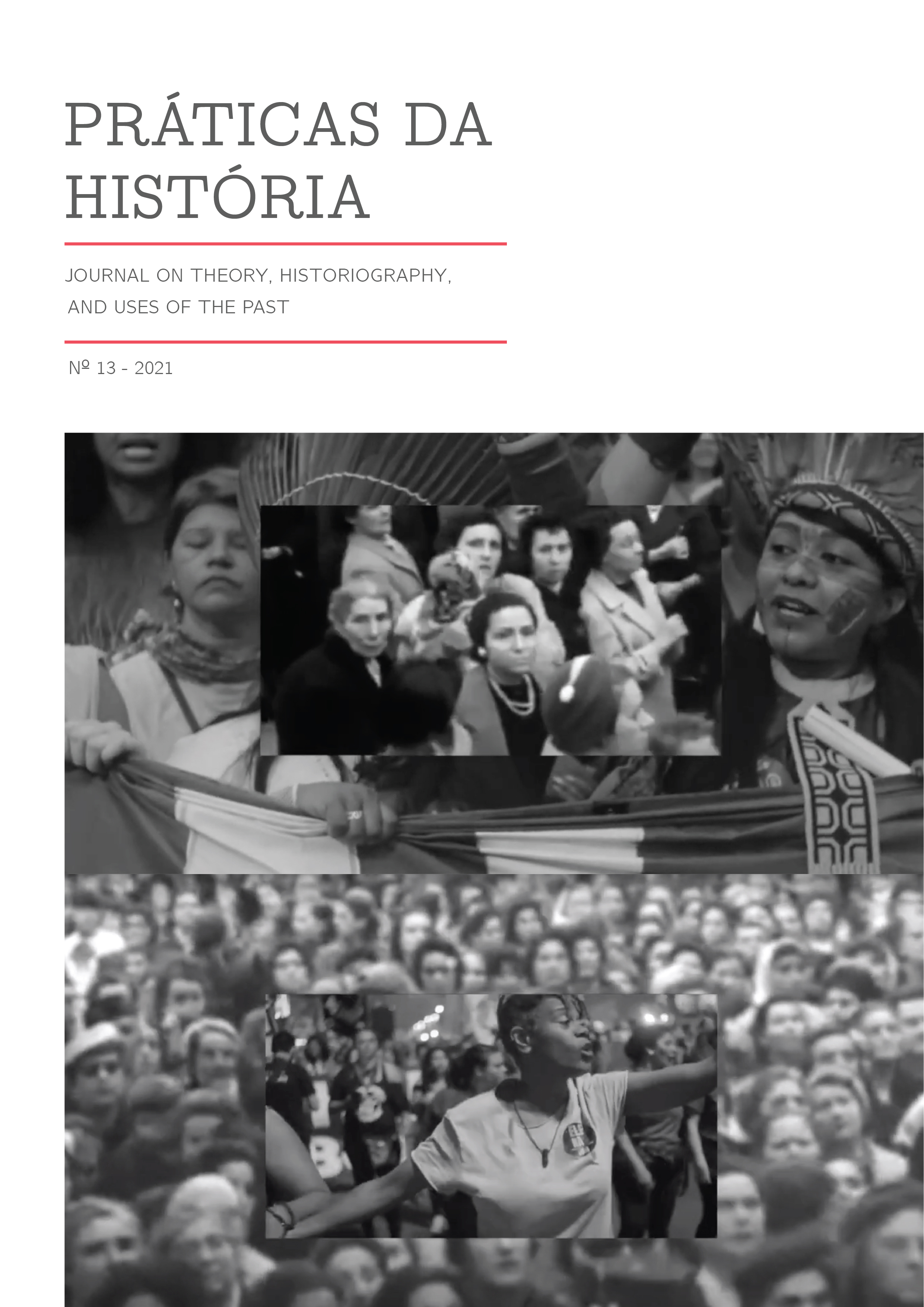Facing the identity crisis: a social responsibility of the historian in the construction of the Cameroonian nation
DOI:
https://doi.org/10.48487/pdh.2021.n13.26476Keywords:
Memory, Memory, Ethnic identity, Ethnic identity, Reconciliation, Reconciliation, Historiography, Historiography, Social responsability, Social responsabilityAbstract
The relationship that societies have with their past influences their perception of the present. This is even more evident when these societies have not reconciled with their past. Such is the case of Cameroon, where many abuses of memory threaten the social balance and the construction of a multicultural society. These memory pathologies are the work of entrepreneurs who take advantage of the absence of public policies and a certain clear memory normativity to twist the past in order to exist. These abuses take the form of identity-based victimizations and the mobilization of a crisogenic and alterophobic rhetoric, which encourages identity withdrawal. It then appears indispensable to build the reconciliation of Cameroon with its past. This necessarily involves a salutary forgetting, which does not mean refusal to remember, but a catharsis of the traumatic memory in order to transcend it, and the advent of a society freed from the weight of its painful past. This work is the work of the “workers of oblivion” who are none other than historians, hence their social responsibility.



